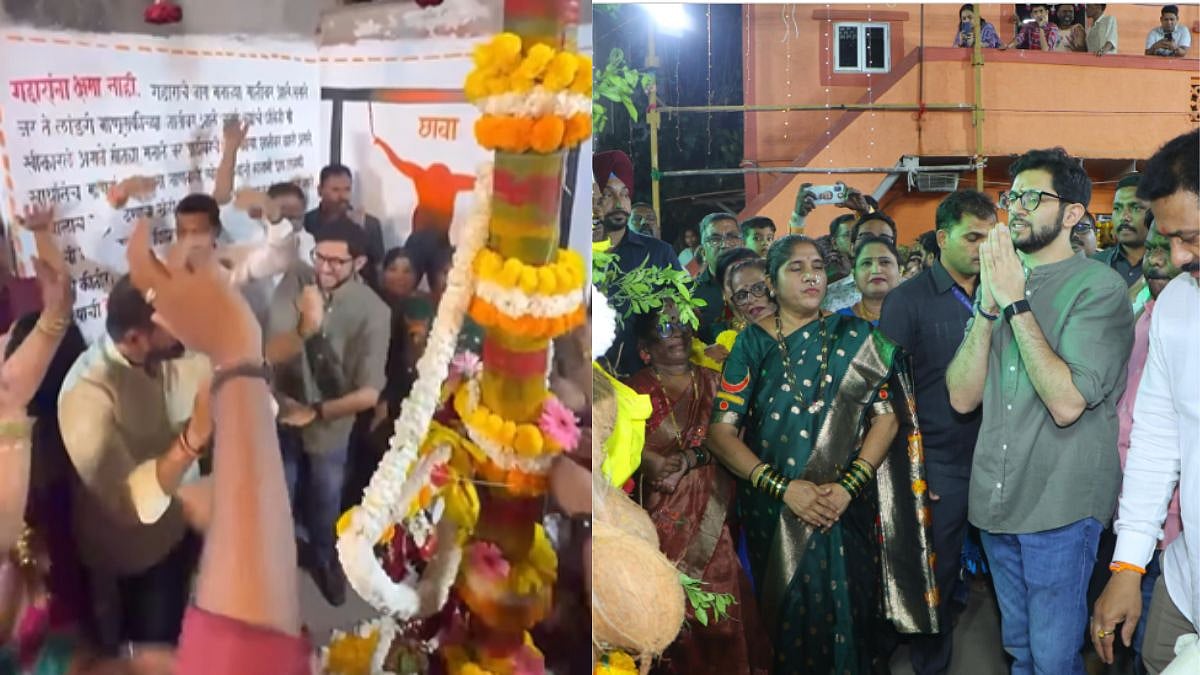The decision to cancel holding of the 12th Class examinations conducted by the Central Board of Secondary Education, which was quickly followed by a similar decision taken by the the Council for the Indian School Certificate Examinations for the Class 12 ISC exams, puts to an end the agony of uncertainty which had gripped millions of boys and girls and their parents over their fate. Several state boards of education have already followed suit and it is likely that 2021 will mark a watershed year in India’s education system where for the first time, the all-important school-leaving public examination will not be held at all.
While the decision to cancel the examinations is indeed welcome – going ahead with holding the exams in the middle of a surging second wave of the Covid pandemic would have put the lives of millions of students and parents, as well as teaching and non-teaching staff, at risk – it does not bring to an end the uncertainty of the students. According to a statement issued by the Prime Minister’s Office after the meeting, the CBSE “will take steps to compile the results of Class XII students as per a well-defined objective criteria in a time-bound manner”.
However, there is no clarity on how assessments will be worked out ad grades awarded to the students in lieu of a single, common examination. Media reports suggest that several options are being considered, ranging from basing it on the internal assessment marks for the 12th Class to a mix of internal assessments from the 11th and 12th years, as well as the 10th Class Board examination performance. Whichever system is worked out, it is clear that it will leave many unhappy or dissatisfied, and may accentuate the divide between the affluent students in the private education system and the millions who depend on the decidedly stretched state-run school system.
The delay, and the fact that a final decision could be taken only after the intervention of the Prime Minister himself, also points to the collapse of the institutional structure at CBSE and similar higher education boards. It is also a stinging indictment of the complete failure of the human resources development ministry, under whose ambit the boards fall, to provide meaningful leadership and guidance. It is indeed shocking that despite the visible effects of the pandemic and the evident risk to life in holding physical examinations, even as late as on May 23, the HRD Ministry, which held a meeting with board officials and education authorities from the states, was unable to take a clear decision.
It is also evident that despite having had months to look at the issue, the authorities have not managed to come up with a viable alternative plan. This is all the more shocking as cancellation of the exams was always a possibility which could not be ruled out. Cancellation was very much on the cards even last year, the first year of the pandemic. At the very least, an alternative system for evaluation and grading should have been worked out by now, instead of subjecting students and parents to further anxiety and stress. The delay is also going to further disrupt the higher education system, which is already struggling to cope with the knock-out impact of last year’s hugely delayed board exams and college intakes.
The pandemic-induced cancellation, however, may prove a blessing in disguise in the long run. It has managed to highlight the many deficiencies which exist in the current system, as well as the unhealthy over-reliance on the 'make or break' board exams, leading to untold stress and anxiety for millions of students and their parents. It is clear that admissions to sought-after colleges will have to based on a sounder system of all-round assessment, one which takes into account the vast disparities that exist within the existing school system and offers an equal chance to all deserving candidates, regardless of the differences in the quality of school infrastructure and teaching quality.
It is also necessary to separate the school-leaving examination, which certifies the learning level of a student, from the admissions process – in other words, take away the overwhelming focus on obtaining the highest possible marks in the board exams, which then determines the rest of a student’s future. This has led to unnecessary stress on students. Also, the examination system is being ‘cracked’ by a rising number of students every year, leading to unnaturally high number of 100 per cent scores.
Admissions to professional courses like engineering and medicine are already being largely decided by a common entrance examination like JEE or NEET. The system could be enlarged and widened to accommodate the full range of humanities and sciences as well. The 12th Class certification should be seen as adequate to meet the skill requirements of most routine jobs, leaving specific higher education requirements only for specialised fields and those with academic interests. The pandemic-induced pause offers a golden chance to reboot the education system.




